Amsterdam bans creation of new hotels
Another piece in the overall strategy to reduce tourist flows to the city
 TheMayor.EU logo
TheMayor.EU logo 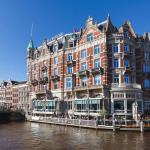
Another piece in the overall strategy to reduce tourist flows to the city

The blaze has been dubbed the Danish capital’s own “Notre Dame” tragedy

Legislators and magnates have to await a preliminary ruling from the European Court of Justice

Overall, the continent is getting more expensive for tourism

Silesian is spoken by about half a million people in the south of the country

The building will then serve as the site for a new museum dedicated to Finnish-Russian relations

It will serve as a virtual companion to the municipal network of libraries in the country
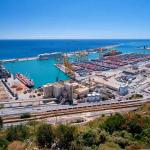
The facility will replace the need to have water supplied by tankers from Valencia

The tool helps identify undeclared swimming pools and garden sheds

It will serve as a virtual companion to the municipal network of libraries in the country

TheMayor.EU has partnered with EIB and ICLEI to inform European municipalities about the possibilities ahead

Electricity production in that Eastern European country will not release direct CO2 emissions anymore

Experimenting with public transport provision in Germany is clearly in a state of creative fervour
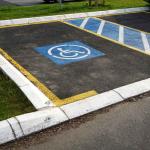
It also set the standards for a better European parking card for people with disabilities

The city thinks that it’s time to update pet-related street cleanliness rules for the 21st century

Everyone’s invited free of charge, but only after registration

Italian cities and regions continue experimenting with creative proposals to curb overtourism effects

The building will then serve as the site for a new museum dedicated to Finnish-Russian relations

Silesian is spoken by about half a million people in the south of the country

Muksubussi is nature-friendly, too, so they provide 2-in-1 benefit

The initial legislation didn’t include these public areas as restricted places for smoking pot

The project aims to urge pedestrians to live even healthier lives








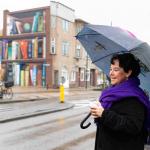
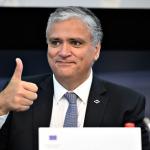







TheMayor.EU has partnered with EIB and ICLEI to inform European municipalities about the possibilities ahead

A look back after a year and a half of cross-European exchanges of experience against disinformation

The document was drafted and signed at the 10th European Summit of Regions and Cities

Finns are now certified experts in the art of joy

Silesian is spoken by about half a million people in the south of the country

Legislators and magnates have to await a preliminary ruling from the European Court of Justice

The building will then serve as the site for a new museum dedicated to Finnish-Russian relations

Another piece in the overall strategy to reduce tourist flows to the city

The previous mayor was forced out of office following a no-confidence vote in the city council

Modern traffic lights do more than regulate the flow of vehicles at crossroads, they also collect enormous amounts of data

The tool helps identify undeclared swimming pools and garden sheds

It will serve as a virtual companion to the municipal network of libraries in the country

In addition, the federal government has launched the National Week of Action against Bicycle Theft to raise awareness of the issue and the new solution

The facility will replace the need to have water supplied by tankers from Valencia

Modern traffic lights do more than regulate the flow of vehicles at crossroads, they also collect enormous amounts of data

The German Aerospace Center in Cologne is looking for volunteers for its next bed rest study

The city thinks that it’s time to update pet-related street cleanliness rules for the 21st century

Experimenting with public transport provision in Germany is clearly in a state of creative fervour

Legislators and magnates have to await a preliminary ruling from the European Court of Justice

It also set the standards for a better European parking card for people with disabilities

Everyone’s invited free of charge, but only after registration

Italian cities and regions continue experimenting with creative proposals to curb overtourism effects

Silesian is spoken by about half a million people in the south of the country

The benefit will last until the Dutch parliament adopts the transgender law

Experimenting with public transport provision in Germany is clearly in a state of creative fervour

It also set the standards for a better European parking card for people with disabilities

Italian cities and regions continue experimenting with creative proposals to curb overtourism effects

The building will then serve as the site for a new museum dedicated to Finnish-Russian relations









